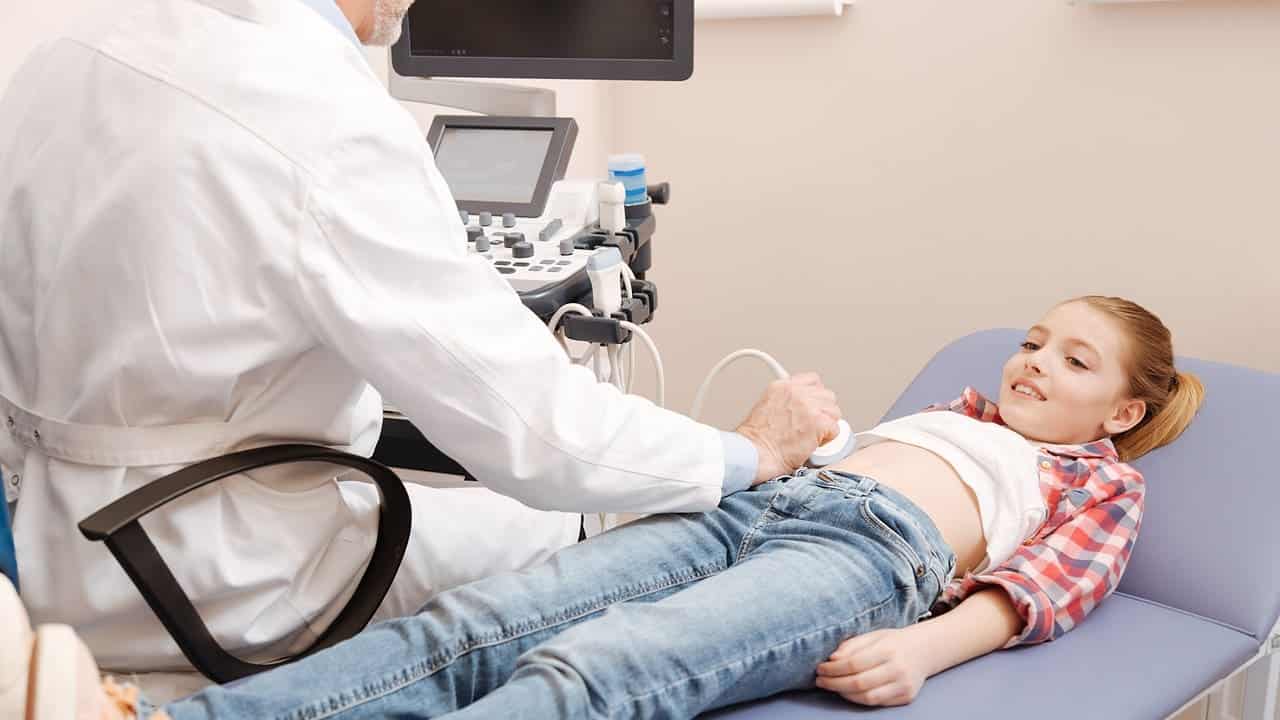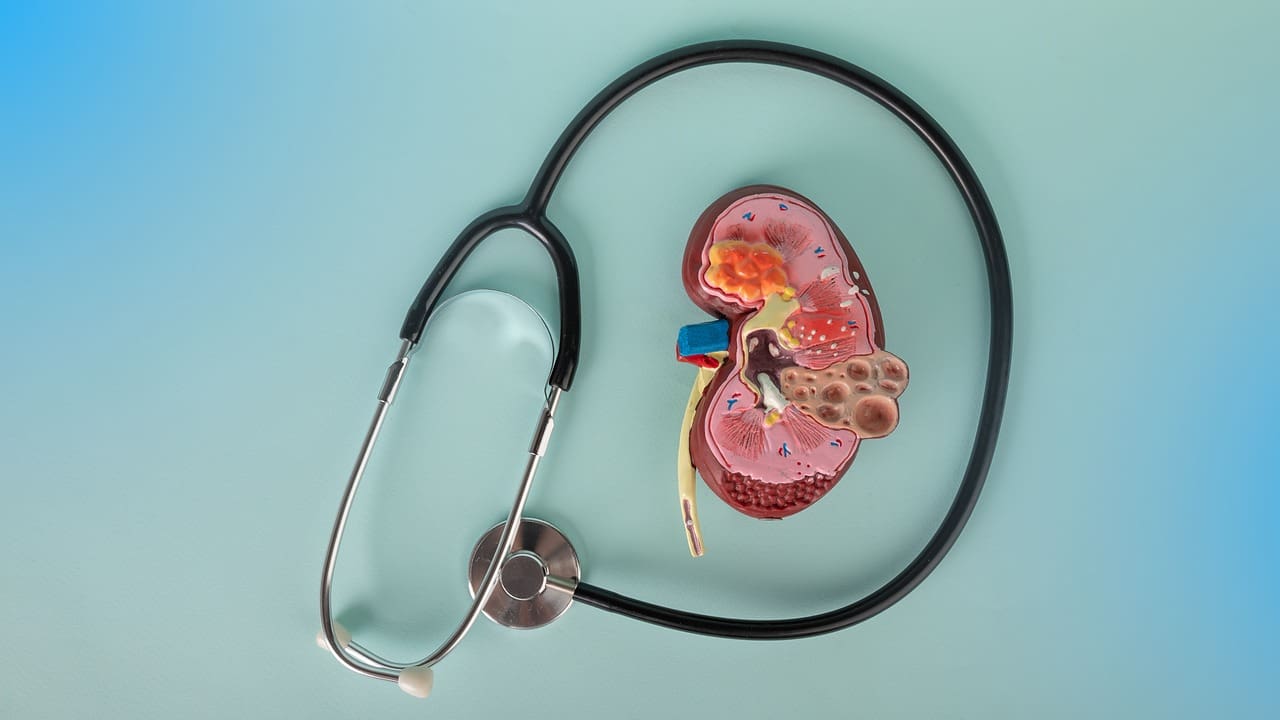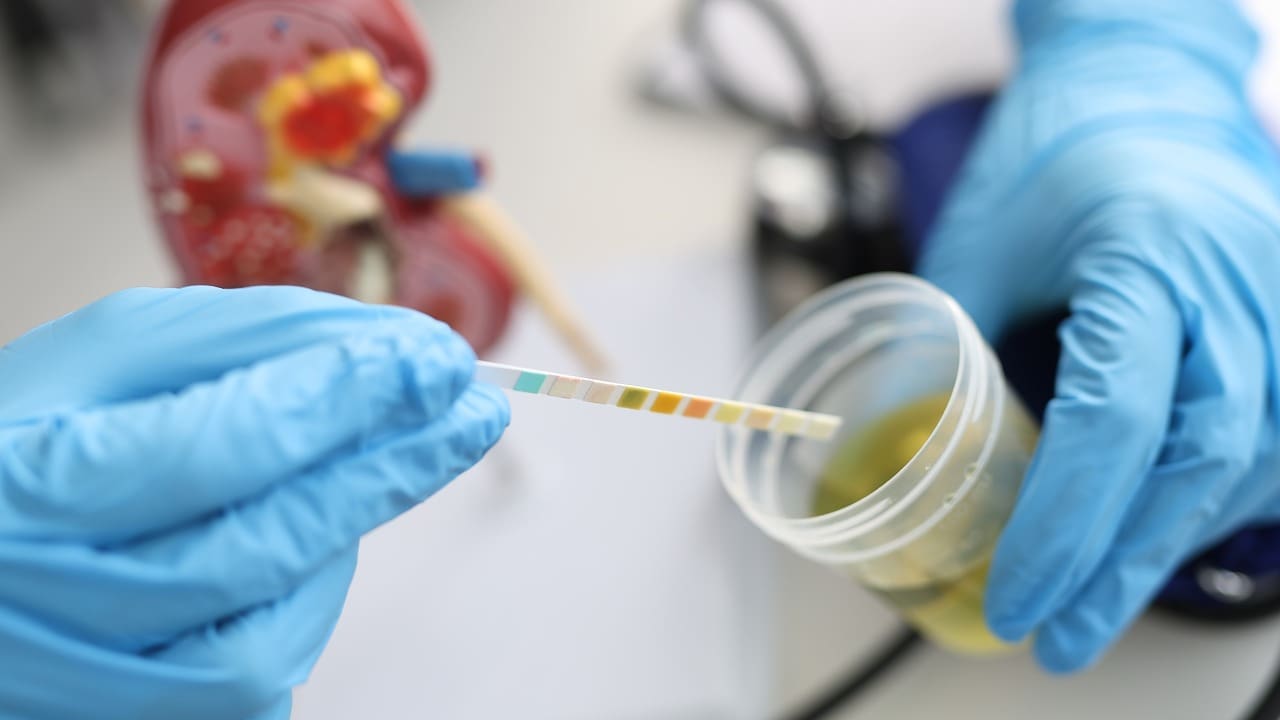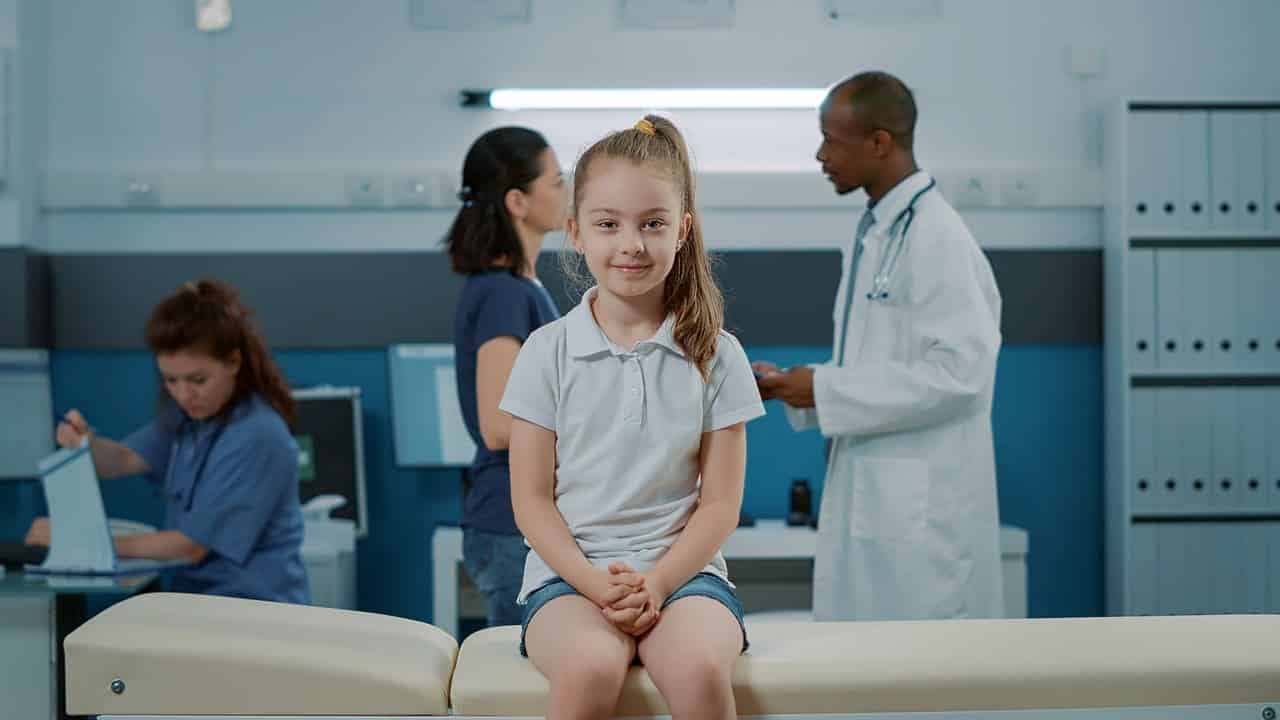Pediatric Nephrology: What It Is, Common Conditions, and When to Seek Referrals
Pediatric nephrology is the child focused specialty that evaluates and treats kidney and urinary tract problems in infants, children, and adolescents. A pediatric nephrology team helps families navigate issues such as urinary tract infections, blood or protein in the urine, swelling from fluid imbalance, high blood pressure, congenital kidney abnormalities, nephrotic syndrome, and acute kidney injury. Because children’s bodies are growing and changing, care plans are tailored to age, size, activity level, and family routines to maximize comfort and effectiveness. Families are encouraged to ask questions at every step so that each decision is clear and confidence building.

Recognizing early signs matters. Parents should consider referrals to pediatric nephrology when they notice persistent swelling of the face, eyelids, abdomen, or legs; blood stained urine or foamy urine; high blood pressure readings for age; repeated urinary tract infections; lower back or side pain; decreased urination or changes in bathroom habits; unexplained fatigue; or poor growth. Many children improve with early evaluation and simple interventions, such as hydration plans and symptom tracking, while more complex cases benefit from structured testing and close follow up. A calm, supportive approach helps children feel safe and involved in their own care.
Pediatric Nephrology Near Me: How to Choose a Child Focused Kidney Care Clinic
Searching for “pediatric nephrology near me” is often the first step in finding reliable support. The right clinic will be close enough for convenient follow up and flexible enough to adapt to school and family schedules. Look for a child friendly environment, appropriately sized equipment, and staff who communicate clearly.
Ask how the clinic handles urgent concerns, how quickly test results are shared, and whether education is provided in parent friendly language. Smooth coordination with primary care helps ensure that information flows without delays.
A clinic that values family centered care will explain each test, describing what it checks for, how it feels, and why it is important. The team also gives practical advice for home routines, such as hydration, nutrition, bathroom habits, and keeping simple symptom notes.
Clinics like Liv Hospital focus on compassionate, evidence based care, helping parents understand both the next steps and long term goals. This clear approach helps reduce anxiety and encourages children to take part in their own care.
Pediatric Nephrology Lithogenic Potential: Understanding Kidney Stone Risk in Children
Lithogenic potential describes a child’s tendency to form kidney stones. It is influenced by urine concentration (often related to low fluid intake), mineral levels, nutrition, family history, and certain medical conditions that change urine chemistry. Common symptoms include sharp back or side pain, blood in the urine, nausea, and difficulty urinating. Because these symptoms can overlap with other issues, an age appropriate evaluation is important to avoid unnecessary discomfort.

Assessment uses practical, gentle steps such as urine tests to check minerals and acidity, a careful review of hydration and diet, and imaging only when needed. Prevention focuses on everyday habits.
- Encourage regular water intake spread throughout the day, adjusted for age, activity, and weather.
- Support a balanced diet with fruits, vegetables, and whole grains while limiting excess salt.
- Follow the care team’s advice on specific dietary adjustments if urine tests suggest elevated stone risk.
- Keep a simple record of symptoms to notice patterns early. With the right guidance, families can lower the risk of kidney stones and help children stay active and comfortable.
Referrals to Pediatric Nephrology: Signs Your Child Needs a Specialist
Referrals to pediatric nephrology help ensure timely, focused care. Consider a referral if your child has:
- Persistent protein or blood in urine (proteinuria or hematuria).
- High blood pressure readings for age, with or without headaches or dizziness.
- Recurrent urinary tract infections or discomfort when urinating.
- Swelling around the eyes, hands, abdomen, or legs.
- Decreased urine output or unusually dark urine despite good fluid intake.
- Side or back pain may suggest obstruction or a kidney stone.
- Fatigue, reduced appetite, or poor growth may be linked to kidney function. Specialists use child friendly methods to find the cause and make a clear plan, showing which symptoms need quick follow up and when your child can return to normal activities.
Pediatric Nephrology Clinic: What Families Can Expect at the First Visit

The first visit focuses on listening to your concerns and understanding your child’s health history. The team reviews symptoms, previous tests, and day to day routines, then explains which evaluations are most helpful.
Typical steps include:
• Accurate, age adjusted blood pressure measurement using the right cuff size.
• Urine tests to look for blood, protein, infection, and mineral balance.
• A gentle physical exam to assess hydration, swelling, and abdominal comfort.
• Imaging or extra lab tests are done only if symptoms or findings suggest they are needed. At the end of the visit, families receive a clear summary and next steps, including hydration tips, nutrition advice, bathroom routines, and a follow up schedule. Education materials are easy to understand. Liv Hospital clinics focus on comfort, timely updates, and practical plans that fit into home and school life.
Pediatric Nephrology Diseases: Symptoms, Diagnosis, and Family Centered Care
Pediatric nephrology diseases affect the kidneys and urinary tract and present with a variety of symptoms. Common conditions include:
- Urinary tract infections: burning or pain with urination, frequent urination, fever, or abdominal pain.
- Nephrotic syndrome: swelling (often around the eyes), foamy urine, appetite changes, and weight gain related to fluid.
- Hematuria (blood in urine): pink, red, or brown urine, sometimes with side pain.
- Hypertension (high blood pressure): headaches, dizziness, or no obvious symptoms, detected during routine checks.
- Congenital kidney and urinary tract abnormalities: may cause infections, urine flow issues, or acute kidney injury: sudden changes in urination and lab results after illness, dehydration, or certain medications. Diagnosis uses age appropriate tests, careful physical exams, and a review of symptoms over time. Management follows step by step plans, starting with the least invasive options, checking progress, and making changes as needed. Families learn how to track symptoms, encourage hydration, and spot warning signs. The goal is to restore comfort, protect kidney function, and help children return to normal activities.
Pediatric Nephrology Guidelines: Safe, Structured, and Evidence Informed Care

Guidelines help care stay consistent, safe, and predictable. They support clinicians in choosing the right tests, reducing unnecessary procedures, and setting clear follow up intervals. For families, this means:
- Early recognition of kidney related symptoms and blood pressure changes.
- Transparent explanations of results and how they affect daily routines.
- Practical home strategies (hydration, salt awareness, bathroom routines).
- Clear guidelines show when to call or come back sooner. Every child’s situation is different, but structured care plans make the process easier to follow. Clinics like Liv Hospital focus on these principles so parents feel confident at every step.
Pediatric Nephrology: Meaning and Definition: A Parent’s Guide to Kidney Care

The meaning of pediatric nephrology is straightforward: it is the specialty dedicated to children’s kidney health and urinary tract function, including blood pressure concerns related to kidney issues. For parents, this means partnering with a team that understands growth, development, and comfort. Key terms include:
- Hematuria: blood in urine, visible or microscopic.
- Proteinuria: protein in urine, often seen as persistent foam.
- Hypertension: blood pressure higher than expected for a child’s age and height.
- Lithogenic potential: factors that increase kidney stone risk. Knowing these terms helps families communicate efficiently, spot early changes, and follow care plans with confidence.
Nephrology Pediatric Specialties: Comprehensive Care for Children’s Kidneys and Urinary Tract

A comprehensive pediatric nephrology program supports the whole child, not just single symptoms. This approach coordinates testing to reduce stress, matches nutrition to age and preferences, and sets clear goals for comfort and recovery. It also makes sure families get timely advice if symptoms change between visits. Parents receive practical checklists for hydration, salt intake, bathroom routines, and when to seek urgent care. By keeping plans simple and clear, children can stay involved in school, sports, and play while they recover.
For more information about our academic and training initiatives, visit Liv Hospital Academy
Frequently Asked Questions for Pediatric Nephrology
How can families support home care between visits?
Encourage regular fluids, follow bathroom routines, use symptom lists (for swelling, urine changes, or pain), and keep a simple log of blood pressure if advised. Clear communication with the clinic helps adjust the plan quickly when symptoms change.
What is lithogenic potential in children?
Lithogenic potential is the tendency to form kidney stones. Risk can be reduced by regular water intake, balanced nutrition, and limiting excess salt. The team may use urine tests and history to guide a personalized prevention plan.
How are pediatric kidney issues checked?
Common steps include age appropriate blood pressure measurements, urine tests for blood and protein, gentle imaging when indicated, and a focused physical exam to assess hydration and swelling. Results are explained in simple terms, with a practical plan for next steps.
What symptoms should prompt a pediatric nephrology visit?
Seek evaluation for persistent swelling of the face or legs, foamy or blood stained urine, repeated urinary tract infections, high blood pressure readings for age, side or back pain, decreased urination, unexplained fatigue, or poor growth.
How many pediatric nephrology residents are there?
Families generally do not need to focus on training numbers. What matters is access to a team that communicates clearly, explains test results, and provides practical tips for home care—such as maintaining balanced hydration, recognizing urgent symptoms (like blood in urine or reduced urination), and scheduling regular follow ups.
When did pediatric nephrology start becoming board certified?
Over time, pediatric nephrology established standardized practices to guide diagnosis and treatment. For families, the key takeaway is that care plans are clear, step by step, and adapted to a child’s age—covering hydration, nutrition, symptom tracking, and timely reassessment.
When did pediatric nephrology become board certified?
Families can be confident that pediatric kidney care follows structured, evidence informed standards. While certification history is not necessary for day to day decisions, current practice emphasizes consistent protocols, child friendly testing, and transparent follow up plans to ensure safety and comfort.





